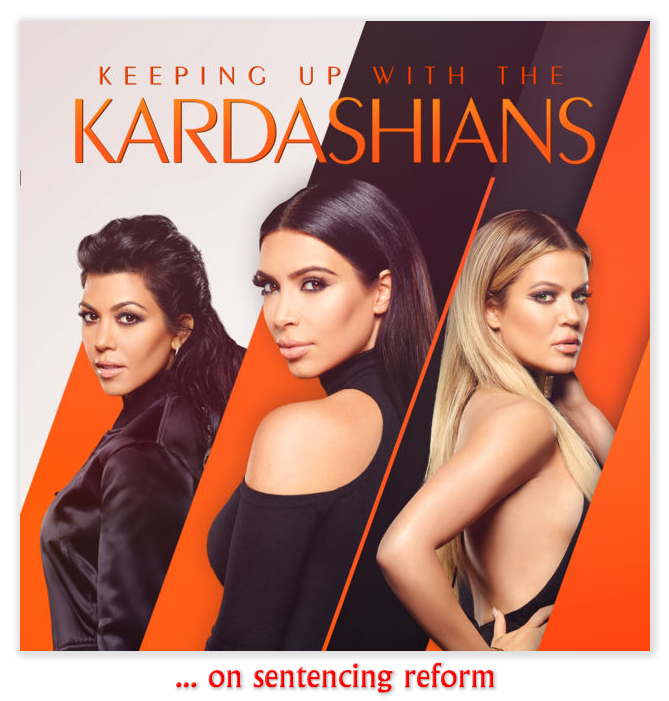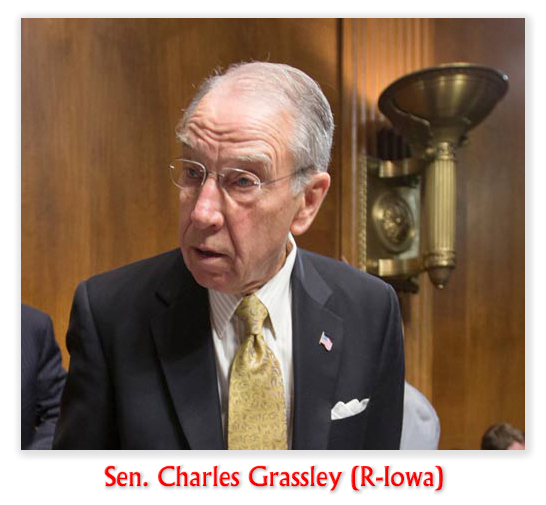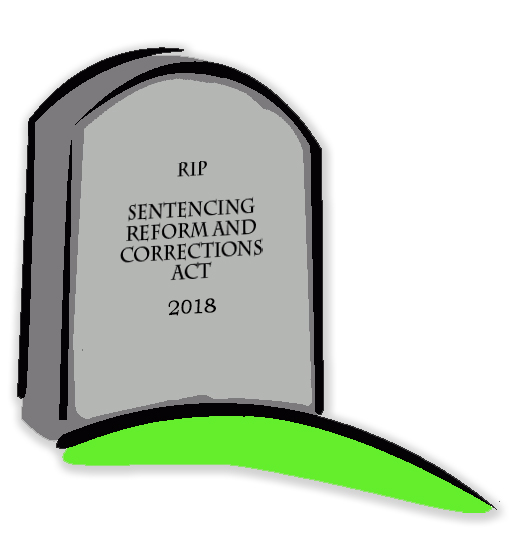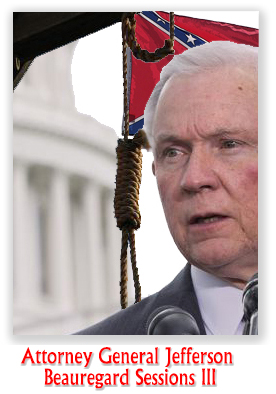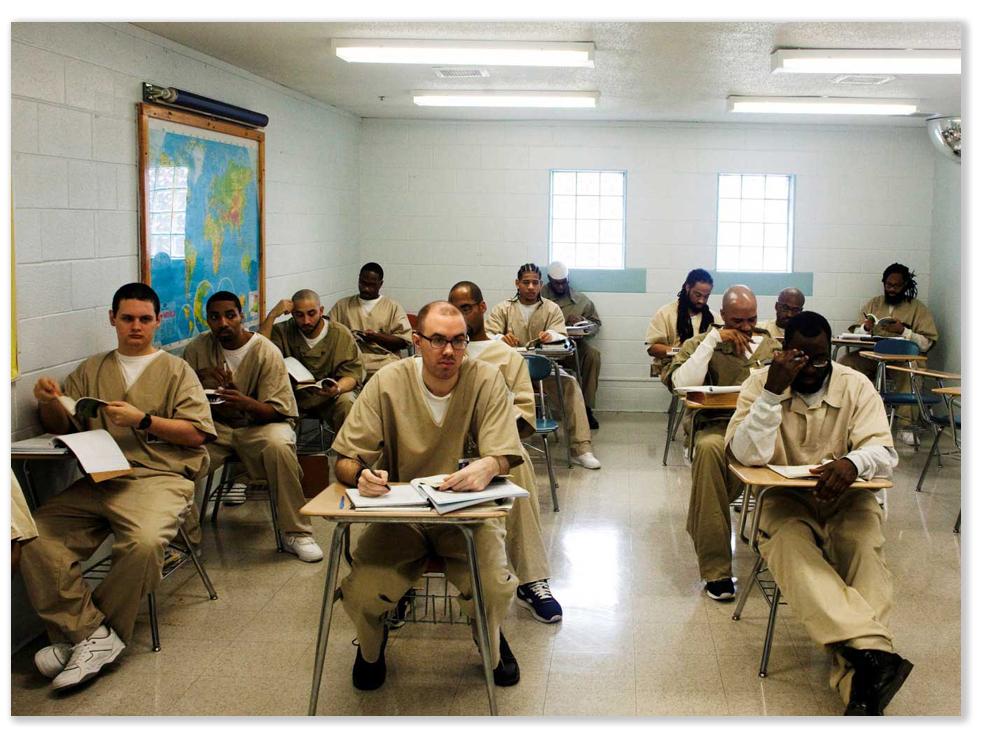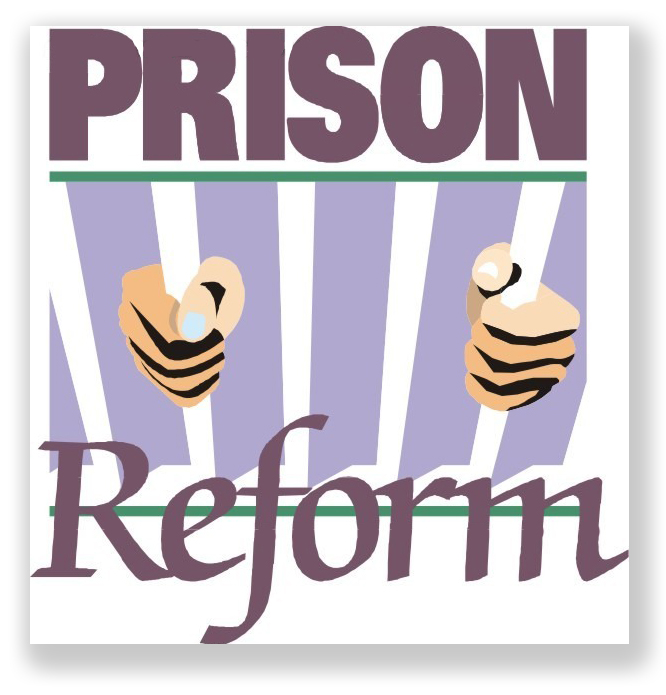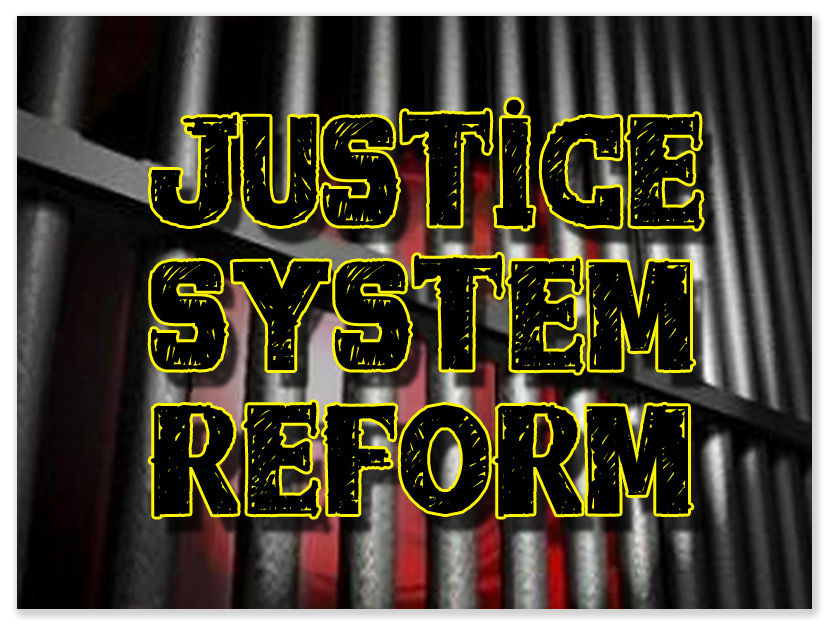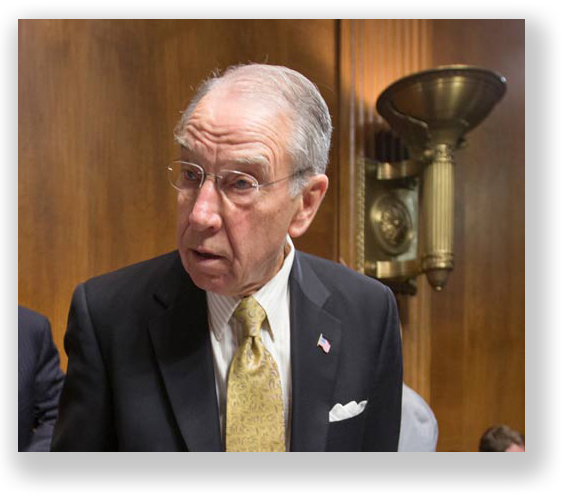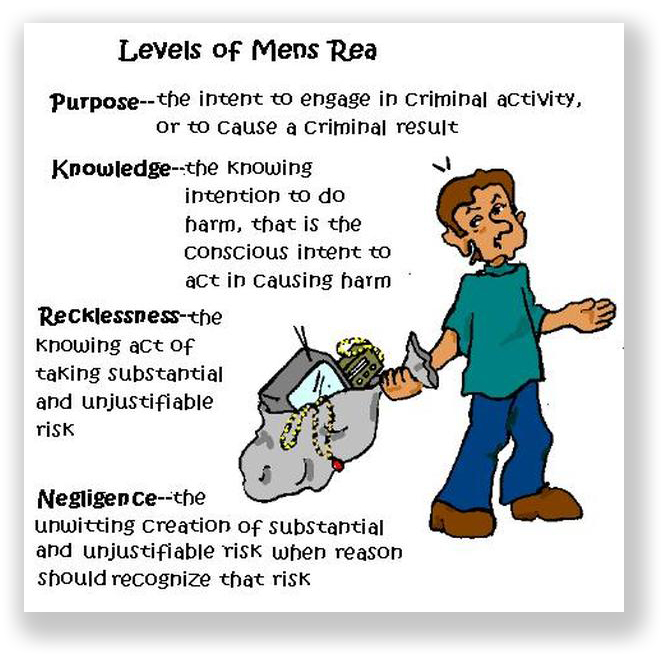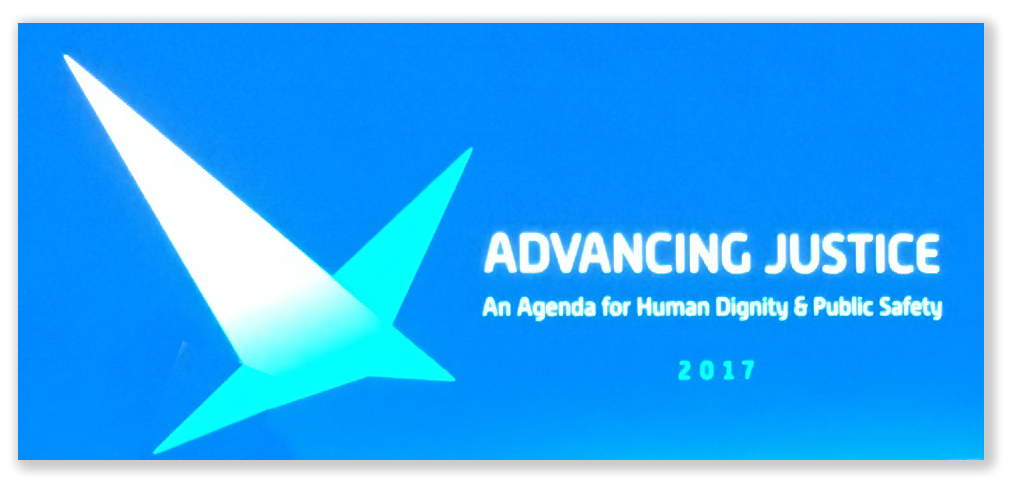We post news and comment on federal criminal justice issues, focused primarily on trial and post-conviction matters, legislative initiatives, and sentencing issues.

SENTENCE REFORM DIDN’T WIN LAST TUESDAY, BUT IT DIDN’T LOSE, EITHER
 Anyone who read the House of Representatives’ version of The First Step Act (which was watered down substantially to satisfy the Republican-led Senate) or, for that matter, exulted at the House’s HEROES Act last May has some idea what an unbridled Democratic-controlled Congress and White House might do to advance sentence reform. Retroactivity, relaxed compassionate release and elderly offender programs, maybe even some relief for people convicted of violent crimes…
Anyone who read the House of Representatives’ version of The First Step Act (which was watered down substantially to satisfy the Republican-led Senate) or, for that matter, exulted at the House’s HEROES Act last May has some idea what an unbridled Democratic-controlled Congress and White House might do to advance sentence reform. Retroactivity, relaxed compassionate release and elderly offender programs, maybe even some relief for people convicted of violent crimes…
We probably did not get that last week. The Democrats still control the House (but with a smaller majority), and the weekend brought us a Democrat for president-elect. The Senate has 50 Republicans and 48 Democrats, however, with the final two Senate races in Georgia not to be decided until January. If even one of the two eventual winners is Republican (which is likely), the Republicans and Majority Leader Mitch McConnell (R-Kentucky) will still rule the Senate.
But that does not mean we won’t see some criminal justice reform in the next two-year Congress. President-elect Joe Biden spent decades in the Senate, and one of his great strengths is the ability to make deals. “And perhaps most importantly,” Politico reported last week, “Biden and McConnell have a real relationship — forged over the years as Senate colleagues and combatants. McConnell was the only Senate Republican to attend the funeral for Biden’s son Beau in 2015, and he’s largely stayed away from GOP attacks on Biden’s other son, Hunter.”
“They have negotiated big things before. They’ve come through some very hard and even bitter fights over judicial confirmations,” Sen. Chris Coons (D-Del.), a close Biden ally, told Politico in an interview. “But I think they’ve managed to stay friends or have a working, professional relationship even in the hardest of times.”
 Voters may be ready for change. The Appeal called last Tuesday “a banner election against the war on drugs,” noting that Oregon voters approved a “groundbreaking initiative to decriminalize drugs” – not just marijuana – making low-level drug possession a civil offense, punishable by a fine, rather than jail time. Four other states made recreational pot legal, raising the number of states permitting it to 15.
Voters may be ready for change. The Appeal called last Tuesday “a banner election against the war on drugs,” noting that Oregon voters approved a “groundbreaking initiative to decriminalize drugs” – not just marijuana – making low-level drug possession a civil offense, punishable by a fine, rather than jail time. Four other states made recreational pot legal, raising the number of states permitting it to 15.
President Trump, who was himself a reluctant supporter of the First Step Act, reminded everyone during the campaign that Biden was the sponsor of the Violent Crime Control and Law Enforcement Act of 1993, (which morphed into the Violent Crime Control and Law Enforcement Act of 1994) – legislation that critics claim is responsible for the large numbers of federal prisons locked up today. Some suggest that that fact gives the president-elect something to live down. For that matter, the vice-president elect, Kamala Harris, was hardly progressive during her days as a prosecutor. Some are already predicting she will lead the sentencing-law reform efforts of the Biden administration.
In his Sentencing Law and Policy blog, Ohio State University law professor Doug Berman said priorities that ought to be able to garner the bipartisan support of a Republican Senate and Democratic White House include repeal of mandatory minimums, further reduction of the crack/powder sentencing disparity, making all sentencing reforms retroactive, reinvigoration of compassionate release “so that the sick and elderly are transitioned out of incarceration so long as they do not pose a public safety risk,” and removing barriers to reentry.
 Berman suggests that Politico’s observation that “’McConnell has already succeeded in his longtime goal of reshaping the judiciary’ has me wondering whether Senator McConnell might be less adverse to giving federal judges significantly more sentencing discretion now that he views so many as the product of his own king-making.”
Berman suggests that Politico’s observation that “’McConnell has already succeeded in his longtime goal of reshaping the judiciary’ has me wondering whether Senator McConnell might be less adverse to giving federal judges significantly more sentencing discretion now that he views so many as the product of his own king-making.”
Politico, America’s new power couple: Mitch and Joe (Nov 5)
The Appeal, How Criminal Justice Reform Fared at the Ballot Box on Tuesday (Nov 5)
Sentencing Law and Policy, Can we be hopeful federal leaders will make deals to advance federal criminal justice reforms in the next Congress? (Nov 6)
– Thomas L. Root



